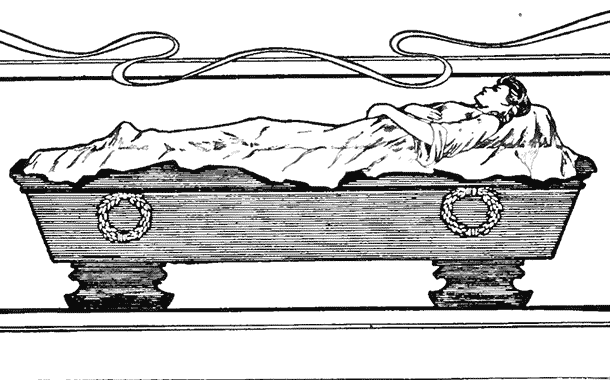<![CDATA[The origin of the human sleep cycle, along with the powerful role of the hormone melatonin in it, is something that scientists have always wondered about. Now, a group of European researchers have compared the melatonin driven processes of the human body with those of a regular kind of plankton. The findings of the research suggest that the evolutionary leap might have taken place thousands of years ago, in some of our ocean-living ancestors. It's obvious that melatonin plays an important role in circadian (daily and nightly) rhythms of humans. As a day ends and night comes, humans sense changing patterns in dark and light, and the pineal gland inside the brain starts to exude melatonin. Melatonin production spikes at night, and reacts with the movements of the thalamus, the part of the human brain that gets signals from eyes and other senses of the human body. After that, certain physiological changes occur in the human body, including reduced respiration rate and body temperature, which prepare the body for sleep. The production of melatonin decreases during the day and helps us stay alert by stimulating wakefulness. According to the New York Times, the researchers of the European Molecular Biology Laboratory have spent the past few years making comparisons between the activities of genes responsible for melatonin production in vertebrates such as humans, with comparable genes in slightly related invertebrates, like the marine worm Platynereis dumerilii. The researchers paid attention to the worms at the larval stage, at the time they were part of the swarming collection of plankton teeming in sea water. The findings of the research published in the journal 'Cell', states that each day Platynereis dumerilii larvae transfer towards the surface of the sea by beating tiny hairs on their mid-sections, called cilia. At dusk, they reach the sea surface and sink into deeper waters throughout the night. This offers them shelter from predators and also from the sun's detrimental UV rays at the height of the day. This movement of plankton in the sea has been called the earth's biggest migration in terms of absolute biomass. Scientists found lots of similarities between the marine worms and humans. One of the major similarities is that like humans, the worms do not generate melatonin all the time but only during the night. If their melatonin cycles are thrown out of whack, the worms can get jet lag just like humans. The research findings suggest the organic processes that generate melatonin might have first evolved in an ancient ocean-living ancestor shared by both Platynereis dumerili and humans. Detlev Arendt, lead researcher of the European Molecular Biology Laboratory, put it this way to the New York Times: "It could have been the first form of sleeping."]]>
Researchers Find Roots of Human Sleep Cycle in Ancient Oceans
